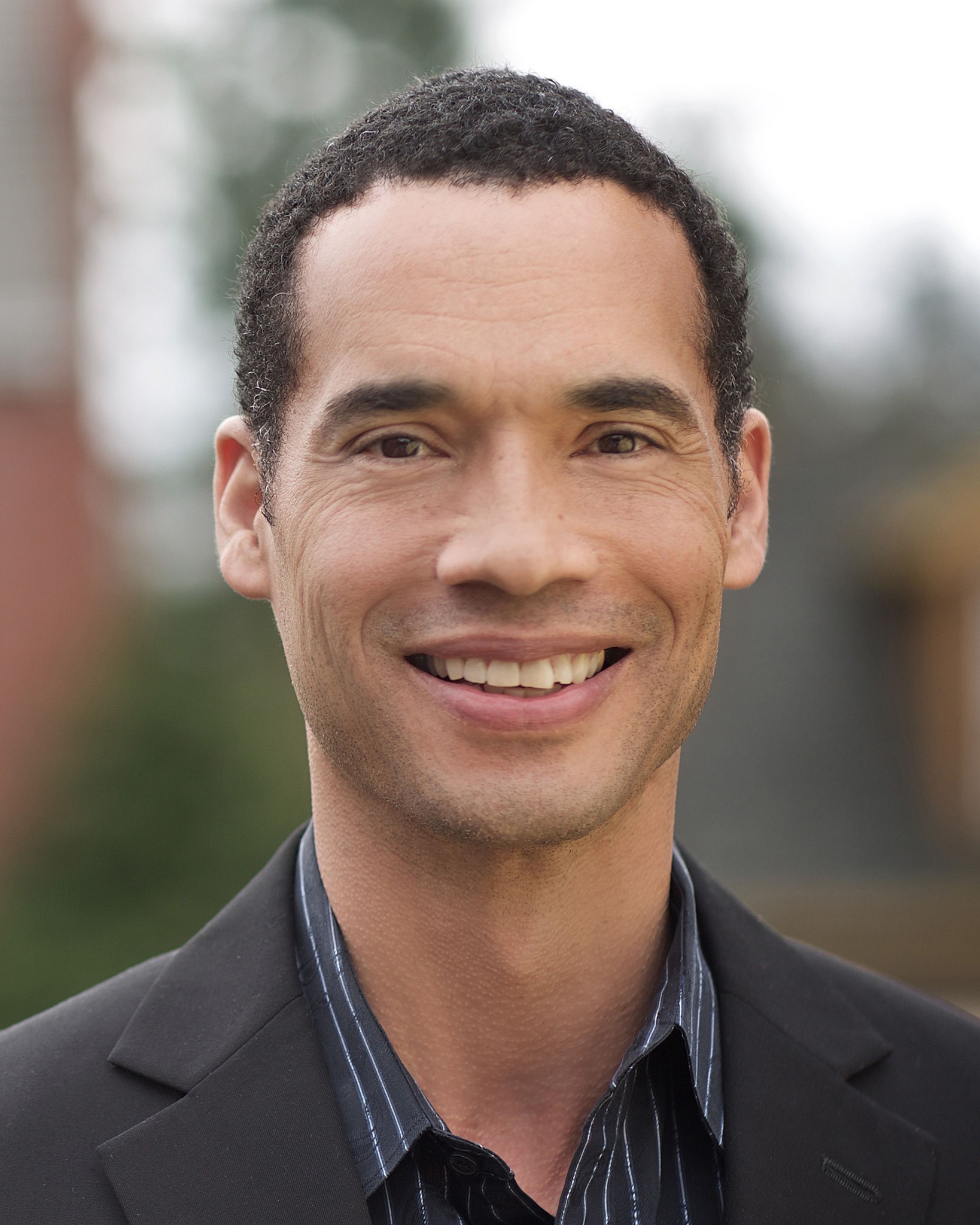How To Increase Your Savings

(TNS)—Opening a savings account is easy, but committing to savings? Now that can be hard.
From struggling to find places where you can reduce spending to falling into the temptation of instant retail gratification, saving money can be really challenging.
“You really have to know yourself and discipline yourself if you’re going to be an effective saver,” says Greg McBride, CFA, Bankrate’s chief financial analyst.
Learning to live on less may feel difficult initially, but it will pay off in the future.
Here are four steps to start exercising savings self-control today.
Pay your account out of your paycheck.
Automate your savings by having money moved to your savings account regularly, either through elections with your direct deposit if you receive a regular paycheck or by setting up a recurring transfer to your savings account.
Moving money directly to your savings account is a crucial first step in building a nest egg, McBride says.
“Paying yourself first clears the biggest hurdle for saving, which is simply not being in the habit of saving,” McBride says. “It takes care of saving money before you have a chance to spend it.”
Similar to putting money in your 401(k), the idea is that if it never touches your hand, you won’t miss it.
Avoid the temptation of transfers.
Moving money into your savings does you little good if you constantly raid the account.
To effectively grow a savings account, you have to restrict yourself from the temptation to transfer those funds to your checking account.
“If you’re going to build your savings, your deposits have to outnumber your withdrawals, not just in number but also in magnitude,” McBride says.
Do what it takes to control yourself. Perhaps the solution is as easy as naming that account based on a goal—”house down payment” or “Christmas money”—to make the connection of immediate gratification robbing your ultimate goal.
If that isn’t enough to stop you, put some distance between your checking and your savings. While there are often advantages of having your money at one institution, opening up a savings account a different bank might be what you need to stop you from spending money that is supposed to be away.
Once you’ve hit your emergency fund savings goal, you ought to consider a CD or even a CD ladder to pick up some yield and keep you from spending your money.
Put banking technology to work.
Banks and financial technology companies are obsessed right now with helping you save money, and each product seems to have its own bent.
There are ones that let you set rules, like adding $10 to your savings every time you buy a latte. Finn, the new mobile-only account Chase Bank is piloting in St. Louis for iOS users, is offering such features. The bank says it expects to launch it in additional cities and for Android users next year.
Others, like Simple and Moven, help you save for a specific goal or multiple goals at a time.
There are also some, like Digit, Chime and Acorns, that focus on moving small amounts of money into an account for you. This is similar to Bank of America’s popular Keep The Change Savings program, which puts the difference between your purchases and the nearest dollar in a savings account—$10.75 for lunch, 25 cents for savings, for example.
MoneyLion, another FinTech app, launched a virtual reality feature on the augmented reality platform of Apple’s iOS 11 release. MoneyLion customers with iPhones 6S and newer can now visualize their money as stacks on the phone. The rationale is that if you can see your money pile increasing, you’re less likely to spend it.
Suffice to say, there are a lot of savings options out there right now and you ought to do your research before committing to one. Ultimately, their effectiveness is dependent on your ability to not frivolously spend the money you’ve worked hard to save.
Save for the long term.
While you may want to enjoy the here and now, short-term spending can cost big time down the road.
“If you’re going to be a saver, it’s going to require some tough decisions,” McBride says. “It means passing up consumption today so that you can instead save for consumption in the future.”
McBride highlights that saving is not simply geared toward building up money to use in the event of emergencies.
“Americans are woefully under-saved for retirement,” McBride says.
McBride points to the increasing number of seniors who are unable to retire and the overwhelming amount of outstanding student debt as a reminder that consumers must save for long-term goals.
“You can build an emergency savings fund while building a retirement fund or a college fund at the same time,” McBride says. “You have to attack both at the same time in the same way by automating your contributions.”
©2017 Bankrate.com
Download My App & start your home search today!





Join The Discussion